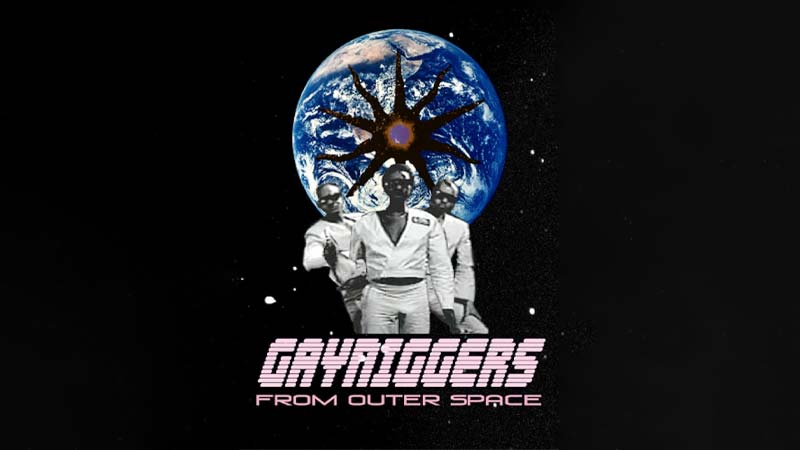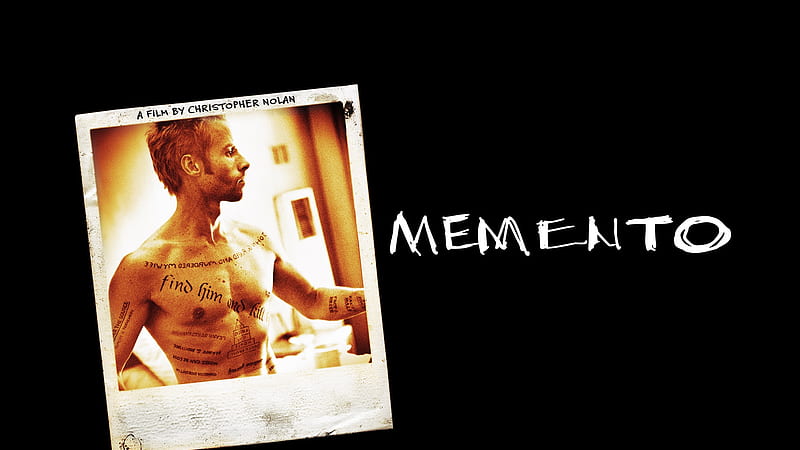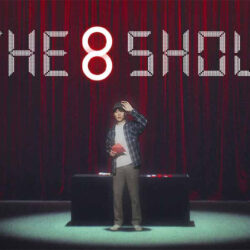The hidden characters of our lives, existing within the confines of our homes, the items we use, the clothes we wear, and even in uniforms, subtly remind us of their presence at every turn. In essence, that’s precisely how it should be; their stance beyond their sole purpose turns them into more than lifeless objects, revealing a convergence of loneliness within our existence. Wong Kar-wai’s films often greet us with elements that shadow the liveliness of these inanimate uses. As viewers, we might term this “poetic,” as these objects lack a voice yet possess their own artistic expressions, rendering them inherently poetic. “Chungking Express” (1994) stands as one of the director’s films that directly communicates with the “lifeless.” Wong Kar-wai accomplishes this without any concealment, a transparency that almost draws a sensory curtain over the eyes of the audience, an attitude that is a gift of the poetic.
The Poetic Resonance of Objects
Similarly to how Japanese author Haruki Murakami notably incorporates music in his novel “1Q84,” blending it with literature to carve innovative pathways, Wong Kar-wai, particularly in “Chungking Express,” draws attention with the recurrent use of the song “California Dreamin’.” Throughout the film, despite hearing this song repeatedly in almost every scene, time within the film allows the sound to metamorphose into a singular image. While Murakami pioneered this use of music in literature, Wong Kar-wai’s adoption, though woven into various facets of cinema history, could be regarded as his unique utilization of imagery, defining him as a poet/author.
The emotions intended to be conveyed in the film reside within a realm of partial disclosure, much like the purposeful ambiguity seen in literature. This deliberate choice allows for the smoother alignment of the poetic meters. Consequently, the inseparable elements of sound/music forge a lasting connection between the spaces and people in the film. Whenever we find ourselves in a dead-end alley, the framework established from the beginning of the film continues to shelter us.
Spaces as Chambers of Solitude
Everyone feels the need to enter specific private spaces, either at home or outside, driven by the necessity for certain intervals in life and sometimes the urge to conceal oneself. In “Chungking Express,” these mentioned special chambers are the streets, the markets—essentially, places we wouldn’t conventionally deem as rooms. The film delivers a poignant blow concerning the solitary nature of individuals because even though the streets remain crowded, singularity never truly intersects with plurality. Faye’s (Faye Wong) secret entries into the apartment of Cop 663 (portrayed by Tony Chiu-Wai Leung), scenes that depict this “room and loneliness” issue, can be seamlessly applied.
For Faye, every part of Cop 663’s apartment represents chambers she never wants to awaken from, and whenever she leaves, she confronts reality. In a way, this reality is, in essence, Cop 663 himself. The formation of different types of usage for the space signifies the convergence of the hidden subjects of loneliness, where the sourness, discord felt between both characters from the beginning, stems not from necessity but from the characters’ disappointed expectations. The apparent distance in their reconciliation breeds not only a sense of hopelessness but also unspoken, yet-to-be-realized conflicts. From this perspective, it’s evident that the film’s conclusion generates a force that births new images. However, a state of enduring hopelessness is never a vessel to be filled with hope.
Fragments and Cinematic Lipograms
“Chungking Express” presents the fragments of two overlapping yet distinct stories colliding with each other. If given the chance, it never shies away from birthing more fragments from these, displaying the whims of life and presenting the purest and most raw form of hope. Each of us has a place we consider a sort of “paradise,” yet we’ve never visited, seen, felt, or experienced. In this film, that subject is directly referenced to California. This scratches at the doors of a dream, yet for Wong Kar-wai, characters always exist in the structure of a sentence, where the structure’s inversion is irrefutable. French author Georges Perec, in his work “La Disparition” (The Disappearance), intentionally omitted the letter “e” to craft a lipogrammatic foundation, layering all sentence structures around that letter. Likewise, in “Chungking Express,” characters’ positions lie within such a hide-and-seek framework in the cinematic language, a creation of Wong Kar-wai’s cinematic lipogram.

Particularly in the initial part of the narrative, there exists a relationship between Cop 223 (Takeshi Kaneshiro) and May, whom we never physically encounter. It could be argued that May’s character in “Chungking Express” embodies the film’s first lipogram. Although her name exists, her embodied form is never with us. The fact that even if the Woman in Blonde Wig (Brigitte Lin) were to sleep, her true face would never be visible, also gestures towards this. In “Chungking Express,” something is either vastly missing, or intentional voids smile at the audience. Wong Kar-wai’s usage, akin to a lipogram, forms the roots of desire, the herald of humanity’s most essential needs. These elements act as supporters of what’s imperative in a humane life. Considering the concept of “necessity” within the framework of German philosopher Georg Wilhelm Friedrich Hegel’s famous words: “Freedom is the recognition of necessity.”
Dream Places and Unreal Realities
The best response to this would be, “dream places are created.” Cop 663’s return to the same place where he finally feels at peace, encountering all realities, and claiming it as his own, juxtaposed with Faye’s disillusionment about the California dream she believed to be real, exemplify this idea. Moreover, the validity of an unreal plane ticket in a person’s life refers not to the “what” but to how we define the “how.” Simultaneously, both Cop 663 and Faye’s long-engulfing buffet, in a way, only opened up to those seeking a new sense of freedom. In a way, the buffet’s shutters swelled, screamed: “I’ve always preserved this place as the most magical room in your life.”
Nevertheless, the answer wasn’t delayed; the subjects appreciated this invisible guardianship of the buffet. This was a reality. Time had brought about change. Yesterday was merely a part of the past and far from creating today. If what happened yesterday had remained as it should have (being able to say what could be said without regret), perhaps today’s part could have been the true essence of yesterday. Consequently, we wouldn’t have had to chase after canned pineapples or coincidences. The buffet stood regretful upon this structure: it was evident that nothing good had come.
Brigitte Lin Chungking Express comedy crime drama movies reviews Tony Leung Wong Kar-wai
Last modified: February 2, 2024





















